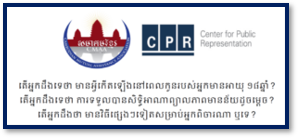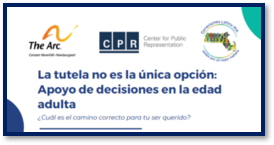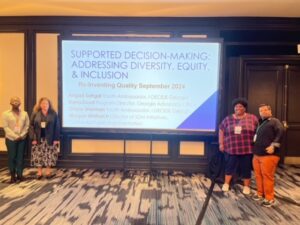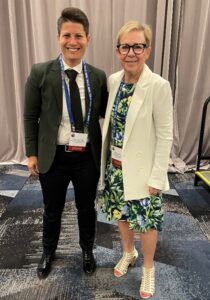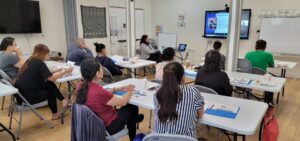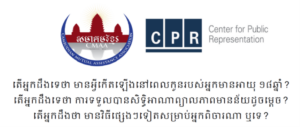In May 2025, CPR submitted comments in support of two initiatives that would recognize Supported Decision-Making (SDM) as a reasonable accommodation in national model rules of professional conduct and state court rules. CPR Staff Attorney, Megan Rusciano, was invited to serve as a subject matter expert in both of these initiatives and helped shape the proposed rule amendments.
Proposed Update to ABA Model Rule 1.14 (Clients with Diminished Capacity)
CPR submitted detailed comments in support of the American Bar Association’s proposed amendments to Model Rule of Professional Conduct for Attorneys, Rule 1.14. The proposed amendments are a critical step to dismantling the bias people with disabilities face when accessing legal counsel to exercise their legal rights. They recognize the pivotal role SDM plays as an accommodation that can eliminate perceived decision-making limitations and afford people with disabilities effective communication so that they can exercise their fundamental rights as legal actors. The proposed amendments would:
- Replace the term “client with diminished capacity” with more modernized language “clients with decision-making limitations”
- Direct attorneys to recognize their obligations to provide clients accommodations they may need, like SDM, to ensure effective communication and access to their services
- Guide attorneys away from taking restrictive protective action and towards less restrictive options, like alternatives to guardianship and informal supports
- Clarify that attorneys can ethically represent clients who have guardians or other legal representatives in challenging the terms of that legal representative’s authority.
Based on CPR’s individual and systemic work, we strongly believe that the time to reform Rule 1.14 is long overdue and see the proposed amendments as essential to supporting people with disabilities in exercising their legal capacity and rights.
As of June 3, 2025, the American Bar Association is reviewing comments to Model Rule 1.14, will determine whether it will adopt the revisions thereafter. So stay tuned!
Update to Maryland Court Rule 1-332 (Reasonable Accommodations for Persons with Disabilities)
CPR also submitted testimony in support of proposed amendments to Maryland Court Rule 1-332, which will create a streamlined process for Marylanders with disabilities to request reasonable accommodations, like SDM, to access the court system.
- People with disabilities still face profound obstacles to accessing courts, including denial of their right to effective communication, as well as physical, informational, economic, and other barriers. Within the court system, SDM can ensure that people with disabilities can effectively communicate and participate in those proceedings.
- Too often, examples of court accommodations center on physical access needs, interpreters, or basic assistive technology. By naming SDM as an example of a reasonable accommodation, the proposed amendments are in line with federal and Maryland law.
The Maryland Supreme Court heard testimony on the proposed amendments to Rule 1-332 on June 3, 2025, and adopted all the SDM-related changes. Megan Rusciano was quoted in the Daily Record:
“When I think about the first step to ensuring people with disabilities have equal access to the courts, it begins with an accommodation request. This policy and this change in the rule is so sorely needed to outline that process.”

